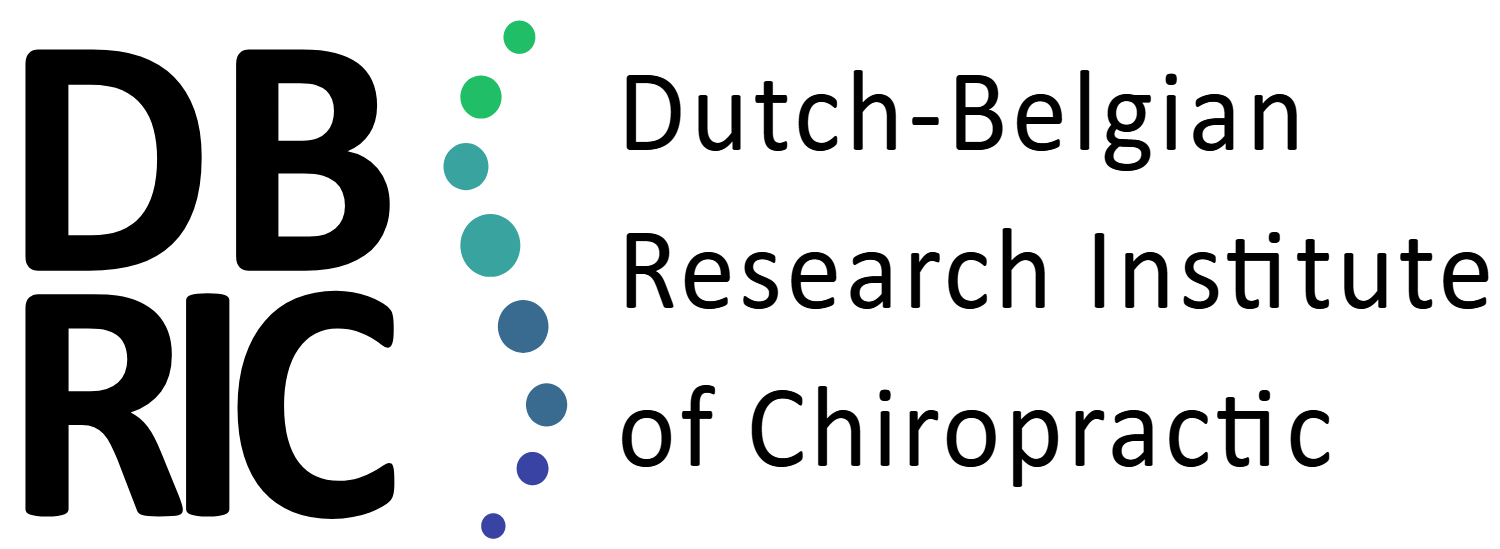
Background. Musculoskeletal (MSK) disorders in general, and neck and low back pain in particular, are common conditions worldwide, which represent a huge economic burden to society. Of the hundreds of conditions studied by the Global Burden of Disease Study, low back pain ranked highest in terms of disability. In particular, due to the ageing population, the problem and burden to society will only increase in the coming decades. Therefore, adequate management and treatment of MSK disorders in general, and neck and low back pain in particular, is essential for patients, clinicians, and policymakers, and society.
There are numerous interventions for the treatment of these MSK disorders, ranging from pharmacological to non-pharmacological interventions, which includes exercise, manual therapy, injections and in extreme cases, surgery. The effects of these commonly used non-pharmacological interventions have been summarized in systematic reviews, which form the basis for international guidelines. To avoid wasting our valuable resources, it is crucial to optimize care; however, scientific efforts to-date have had limited success.
Chair objectives. The chair has two broad objectives. Firstly, to optimize care for MSK disorders by, among other things, investigating the (cost)effectiveness of non-pharmacological interventions; identifying gaps in the evidence through high-quality systematic reviews; and identifying who has a greater chance of treatment success. Other efforts will focus on use of other types of study designs (e.g., choice design studies) in order to identify which characteristics patients weigh against each other when choosing a particular form of care. Examples include the expected costs, effectiveness, risks, duration, and frequency of a given treatment.
Secondly, my goal is to establish the alliance between the Netherlands Chiropractors Association (NCA), which subsidizes this chair, and the Vrije Universiteit, Amsterdam, specifically the Department of Health Sciences. Both organizations share a vision on public health in order to reduce the burden of MSK disorders to society. The NCA aims to unite the chiropractic profession and ensure high-quality patient care. Furthermore, the NCA strives for growth and recognition of the profession. The Belgian Chiropractic Union (BCU) is indirectly involved in this chair through its support of DBRIC, the Dutch Belgian Research Institute of Chiropractic which subsidizes the formation of Dutch-Belgian PhD’s that I guide on their journey. With my 30+ years of clinical practice experience, I am in a unique position to translate clinical questions into testable hypotheses in order to stimulate evidence-based care.
It is and remains an ambitious and serious challenge.
I am very grateful to the Faculty Board of Science in general, and the Management Team of the Department of Health Sciences in particular, for this appointment and their confidence in me.
